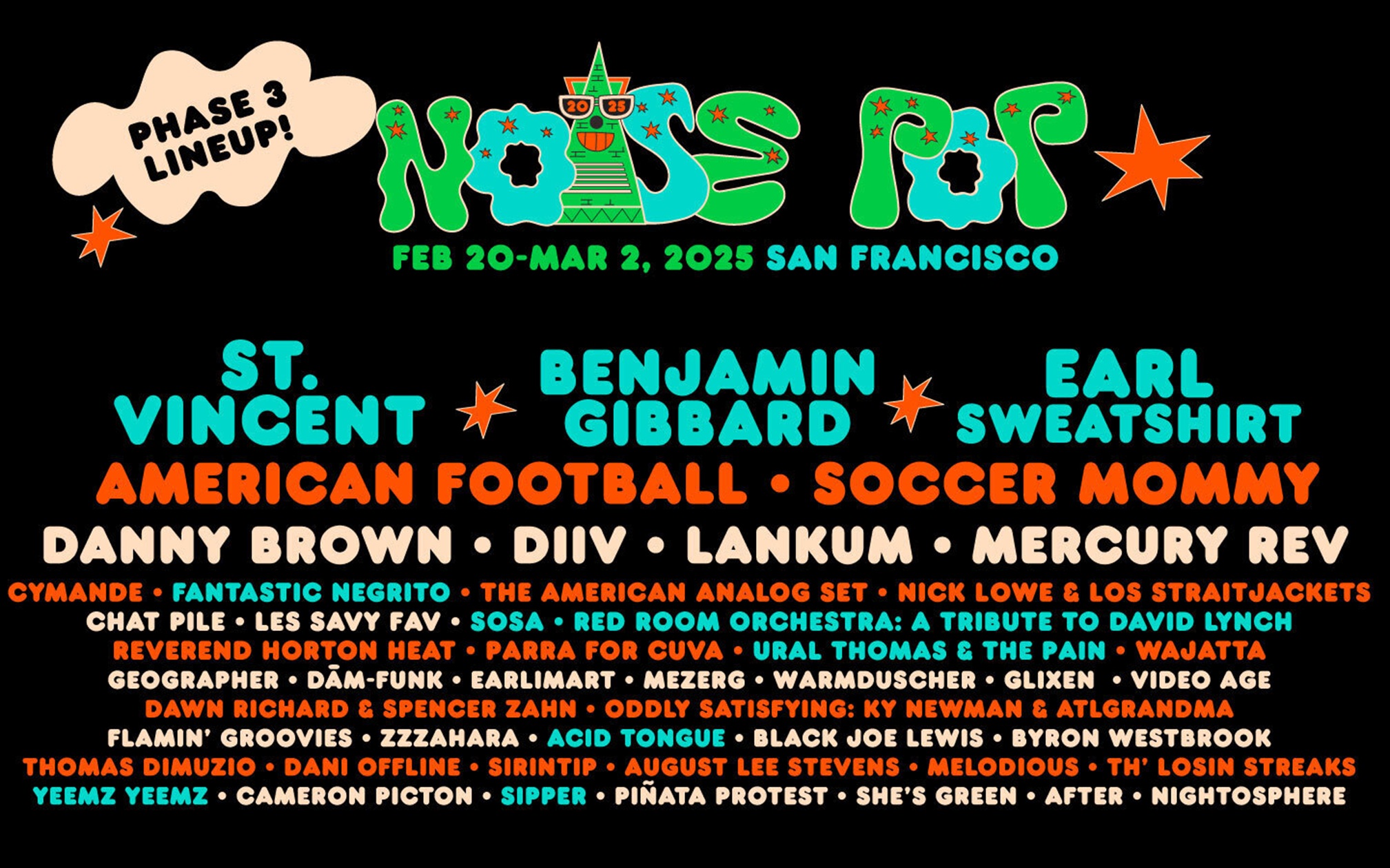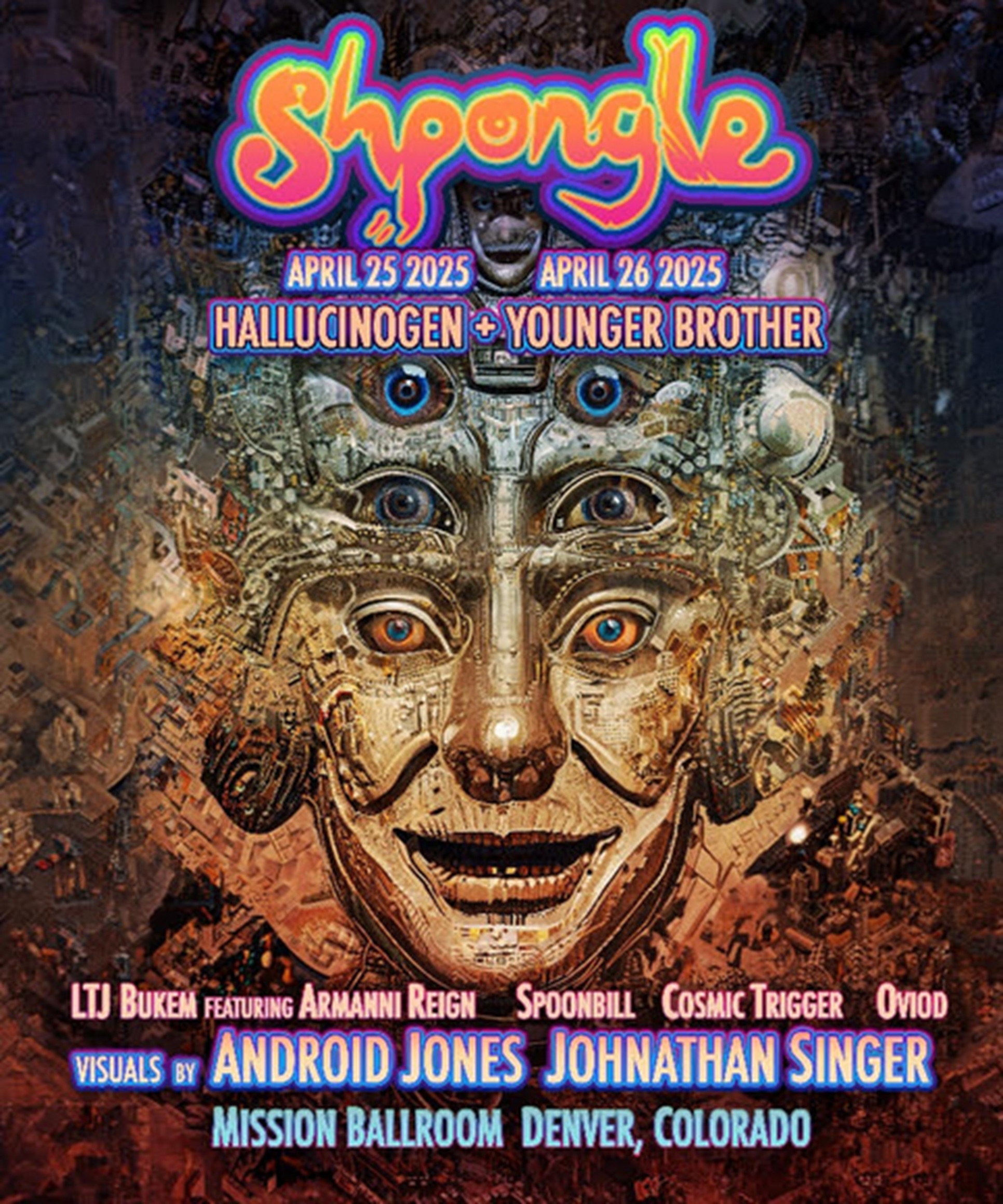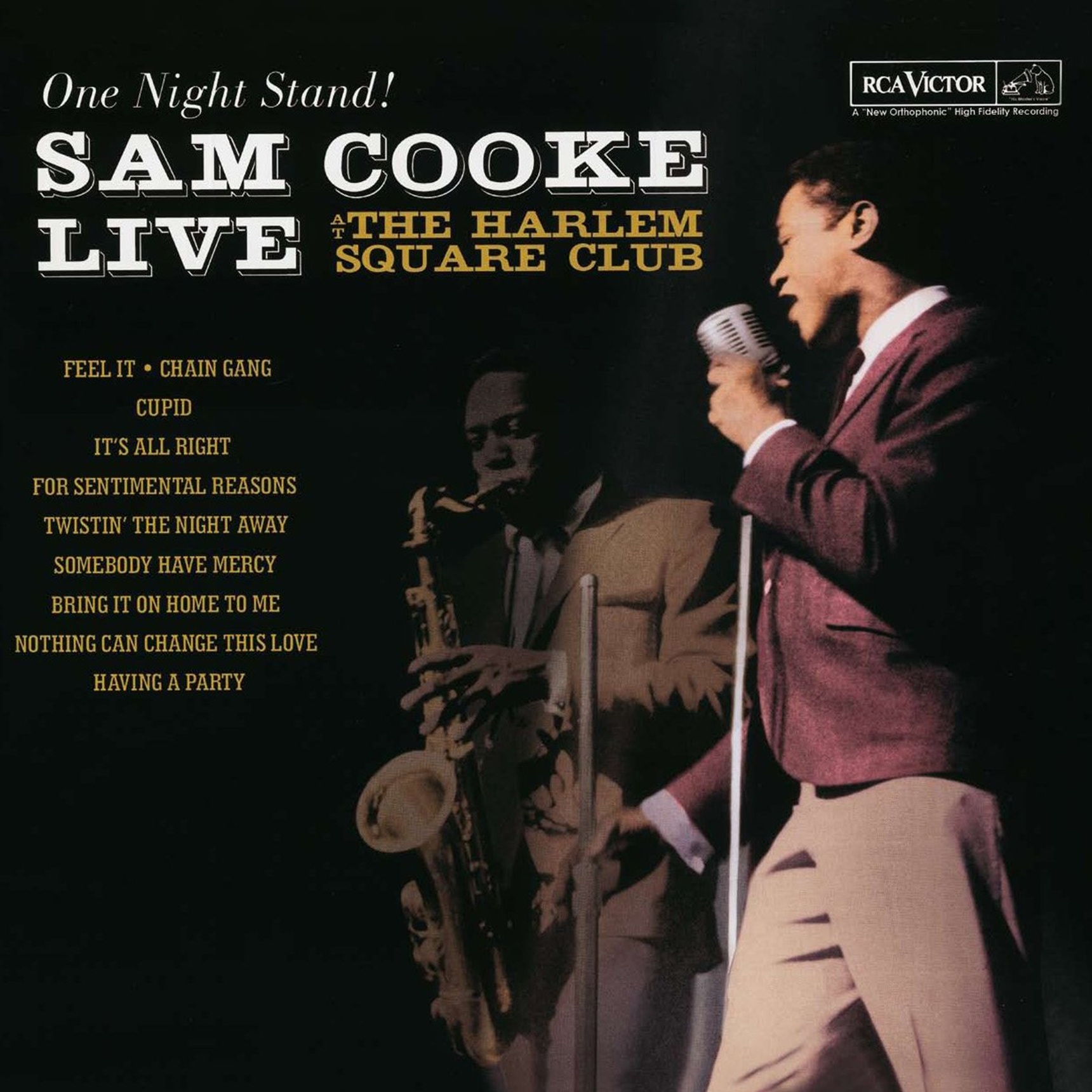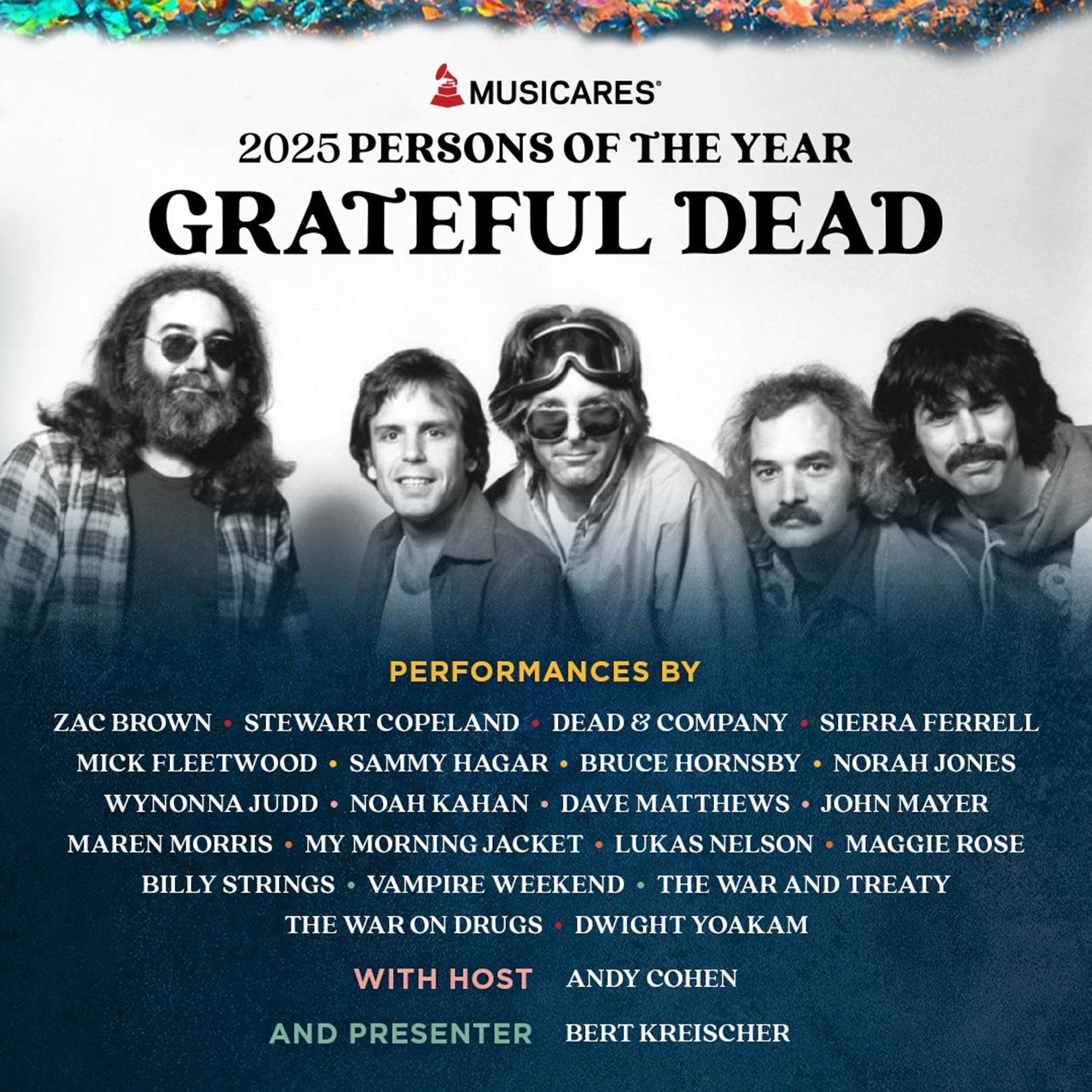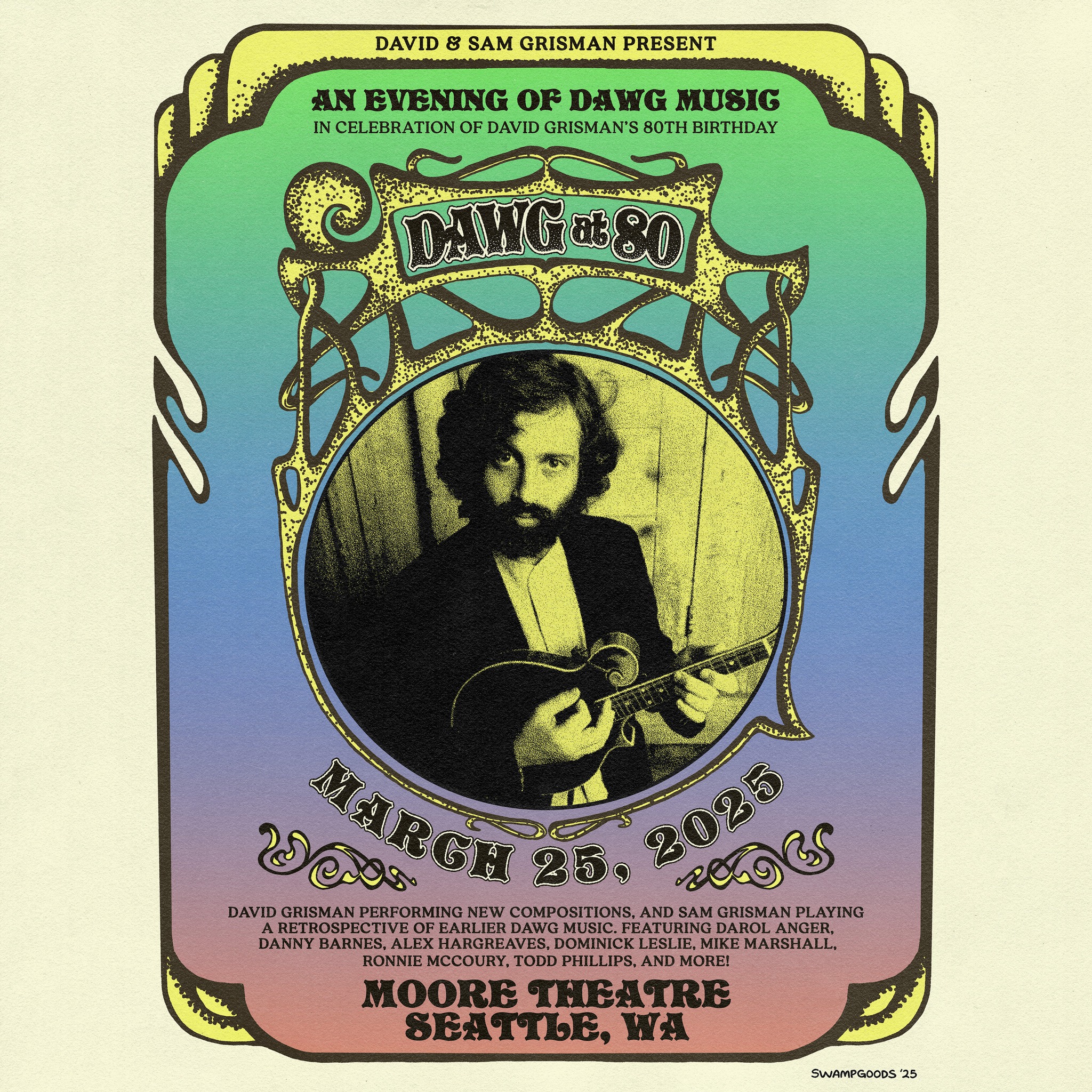David Bowie, an icon of music and culture, would have celebrated his birthday today, January 8th. His remarkable journey in the music industry is marked by constant reinvention, unparalleled musical diversity, and a profound impact on numerous genres.
Bowie's influence in music is vast and varied. He was not just a musician; he was a chameleon of styles, blending and reinventing genres. His early works in the 1960s, like "Space Oddity," showcased his knack for storytelling, setting the stage for what would become a hallmark of his career. As he moved into the 1970s, Bowie adopted the persona of Ziggy Stardust, a character that would become synonymous with glam rock. This era was marked by theatrics, androgynous fashion, and a sound that was both futuristic and deeply rooted in rock.
He didn't stop there. Bowie explored soul and funk in his 'Plastic Soul' period, epitomized by the album "Young Americans," and then delved into the Berlin Trilogy ('Low', 'Heroes', 'Lodger'), where he experimented with ambient and electronic music. The 1980s saw him embracing pop and dance music, with hits like "Let's Dance," showcasing his ability to adapt to and influence mainstream music trends.
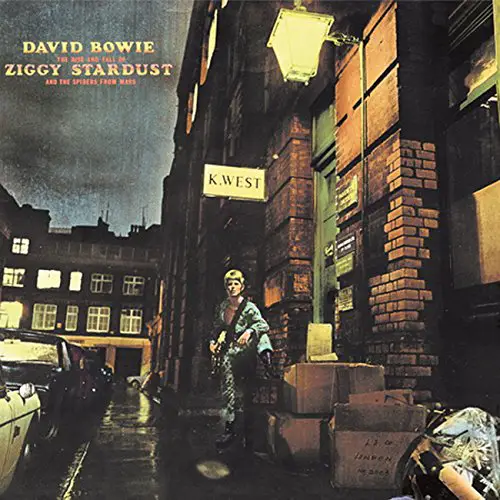
Bowie's discography is rich with groundbreaking albums. "The Rise and Fall of Ziggy Stardust and the Spiders from Mars" is a quintessential glam rock album, while "Aladdin Sane" and "Diamond Dogs" further pushed the boundaries of the genre. "Heroes," part of the Berlin Trilogy, is often cited for its innovation in electronic and ambient music. His later works, like "Blackstar," released just days before his death in 2016, showed that even in his final days, Bowie was a trailblazer.
Bowie's collaborations were as diverse as his own music. He worked with the likes of Lou Reed (producing Reed's "Transformer"), Iggy Pop, Brian Eno (a key figure in the Berlin Trilogy), and Queen (in the unforgettable duet "Under Pressure"). Each collaboration brought out a different facet of Bowie's musical genius.
Bowie's legacy is immeasurable. He influenced not just musicians but also fashion, art, and culture. His fearless approach to self-expression, his constant reinvention, and his willingness to take risks have inspired countless artists across various genres. From pop to rock, electronic to indie, his shadow looms large. He opened doors for discussions on gender and identity in music, and his theatrical approach to performance has become a benchmark for artists seeking to combine music with visual artistry.
Bowie's impact is not confined to the past; it continues to resonate today. His music is a testament to the power of creativity and the enduring appeal of an artist who refused to be pigeonholed. On his birthday, we remember not just the music he made but the cultural shifts he influenced and the countless artists he inspired. David Bowie was, and continues to be, a star that shines bright in the galaxy of music history.







